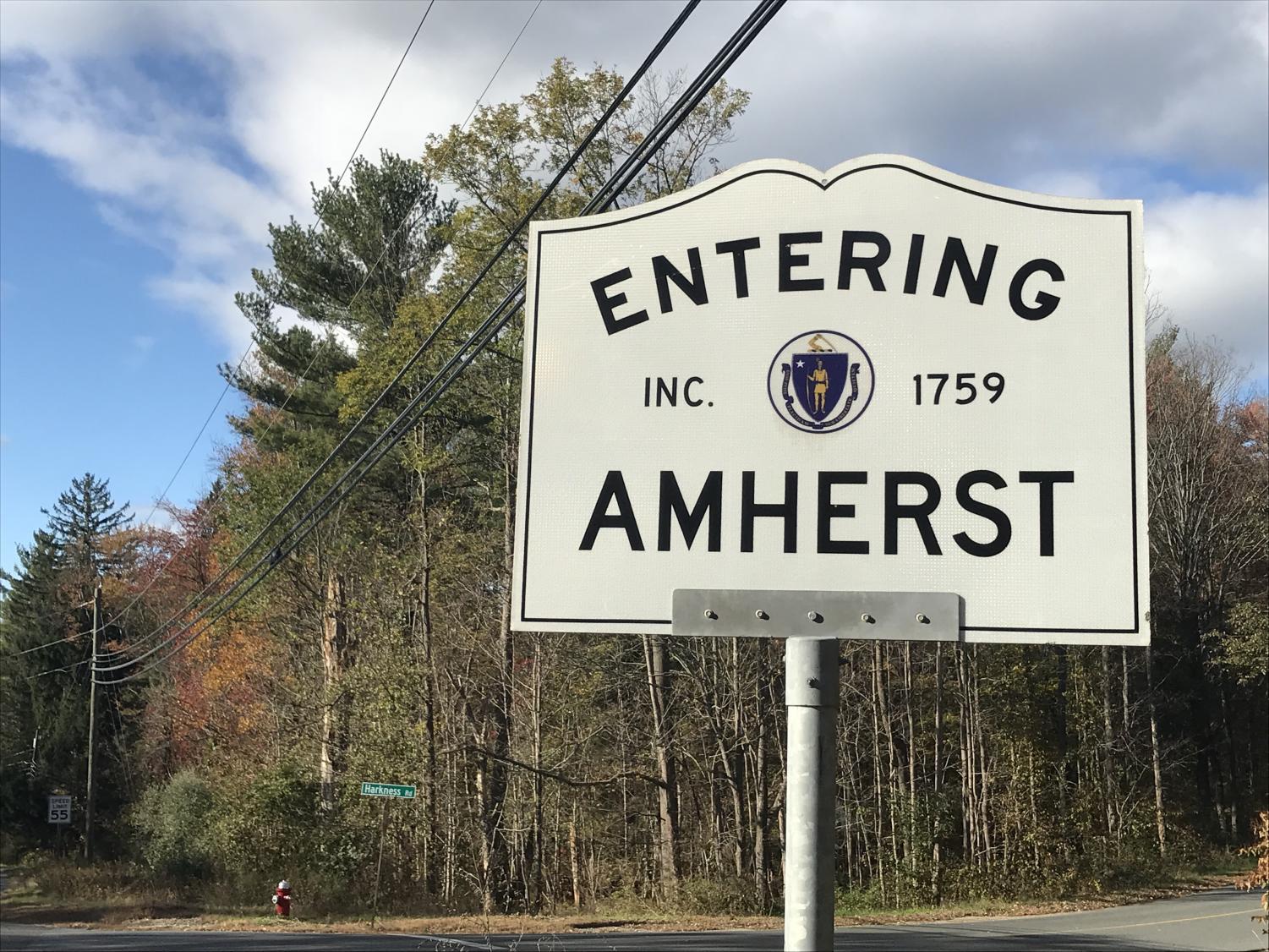Culture shock: Moving from Austin to Amherst as a transgender woman
Differences between north and south aren't as defined as you'd expect.
January 22, 2019
AMHERST — Alice Chambers was 19 years old when she felt ready to come out to her ultra-conservative Texas family and reveal her choice to transition from male to female. Today, Chambers is 23 years old and studying on the pre-vet track at the University of Massachusetts Amherst.
The 1,900-mile move opened her eyes to the contrast between north and south, and she’s continuing to digest the differences. Chambers noticed a “please” and “thank you” shortage in her new home, as well as an abundance of rude drivers and a general absence of friendliness among the natives. However, there is one similarity between Austin and Amherst.
“I’ve learned that people up here are just as bigoted as people down south,” Chambers said. “The only difference is that they’re more reserved about it.”
Chambers grew up in Austin, where both her parents were military veterans and members of the conservative Tea Party movement. She had attended Texas A&M University for about five months during her freshman year when she decided to tell them the truth about who she was and the feelings she was struggling with.
Unfortunately, before Chambers could follow through with her decision, she found out that her mother’s breast cancer had returned. The diagnosis was terminal this time. She never had the chance to come out to her mother.
The loss of her mother in January 2015 affected Chamber’s financial aid eligibility. This, combined with the stress of her transition and undiagnosed depression and anxiety, led her to withdraw after two years at Texas A&M and take time to focus on her mental health.
At Texas A&M — a school that prides itself on being one of the friendliest in the southwest — Chambers was used to strangers saying “howdy” to one another and striking up conversation around campus. For Chambers, the lack of openness in Amherst was a huge culture shock and contributed to her anxiety upon moving to a new place. She noted she has found most people to be non-communicative and distracted by their phones.
“How reserved people are up north is anxiety-inducing,” Chambers said. “People’s body language is just so different.”
As a new student at UMass, Chambers was driven to sign up for sorority recruitment. She said she always wanted to give Greek life a chance, since it was something her mother was involved in during her college years.
Chambers never felt comfortable going through recruitment at Texas A&M; she was not sure if she would be allowed to join a sorority before transitioning at such a conservative university.
Though Chambers admired the inclusion that was advertised through recruitment at UMass, she felt awkward and didn’t know what to talk about. There were too many people to have a genuine conversation in the ten-minute intervals of recruitment rounds, and she felt she didn’t have the means to dress and present herself in the way the other girls did.
“All the other girls were able to dress a lot nicer, and get their nails done, which are things that I’m financially not able to do,” Chambers said. “One of the worst parts was all the girls talking about how they went out with their moms to do these things, and I don’t have that, either.”
Chambers dropped out of recruitment on the third day after she wasn’t invited back to three-fourths of the chapters on campus, many of which she felt she had a connection to. Already dealing with the nerves of going through the process, she found the news worsened her severe anxiety. Chambers found it difficult to deal with that level of rejection all at once, with no friends or major support system in Amherst at the time.
Her experience going through recruitment helped her recognize yet another sharp disparity between the north and the south — the sense of community within Greek life and around the university campus in general.
“The sense of community up here is nonexistent,” Chambers said. “Down south, people would try to earnestly be your friend, even if you aren’t interested in their organization.”
As for what she would change about the recruitment process, Chambers said she wishes that those in charge gave potential new members (PNMs) an explanation as to why they are not called back to certain sororities. Chambers said this seems like an invitation for PNMs to make assumptions about why they weren’t wanted.
“The recruitment process is unique because it’s one in which both potential members and National Panhellenic Council (NPC) organizations must choose one another,” said Nikki Caminetsky, UMass Panhellenic Council Vice President of Membership, when asked about the amount of feedback PNMs receive. “Ultimately membership decisions are made by individual chapters — and not by the College Panhellenics. As a result, we don’t have that information.”
For Chambers, a sense of exclusion is something that she has already experienced far too many times as a bisexual transgender woman.
Chambers referenced her experience attempting to rent an apartment before moving to Amherst. She said that once she communicated with the landlord that she would be moving in with her girlfriend, the process suddenly became much more complicated.
The same thing happens when she applies to jobs. She said the interview will go fine, but once the background check goes through, an issue appears despite her record being completely clean.
Day by day, Chambers is continuing to adjust to the ways of life in Amherst. Though she experienced an intense form of culture shock upon arriving, she said she is ultimately happy to be here because the UMass Student Health Benefit Plan covers sexual reassignment surgery.
This plan helped Chambers successfully book her surgery for the summer.
She said she looks forward to continuing to explore the local communities in Amherst, and working toward her ultimate goal of attending veterinary school.
Email Carina at [email protected].
